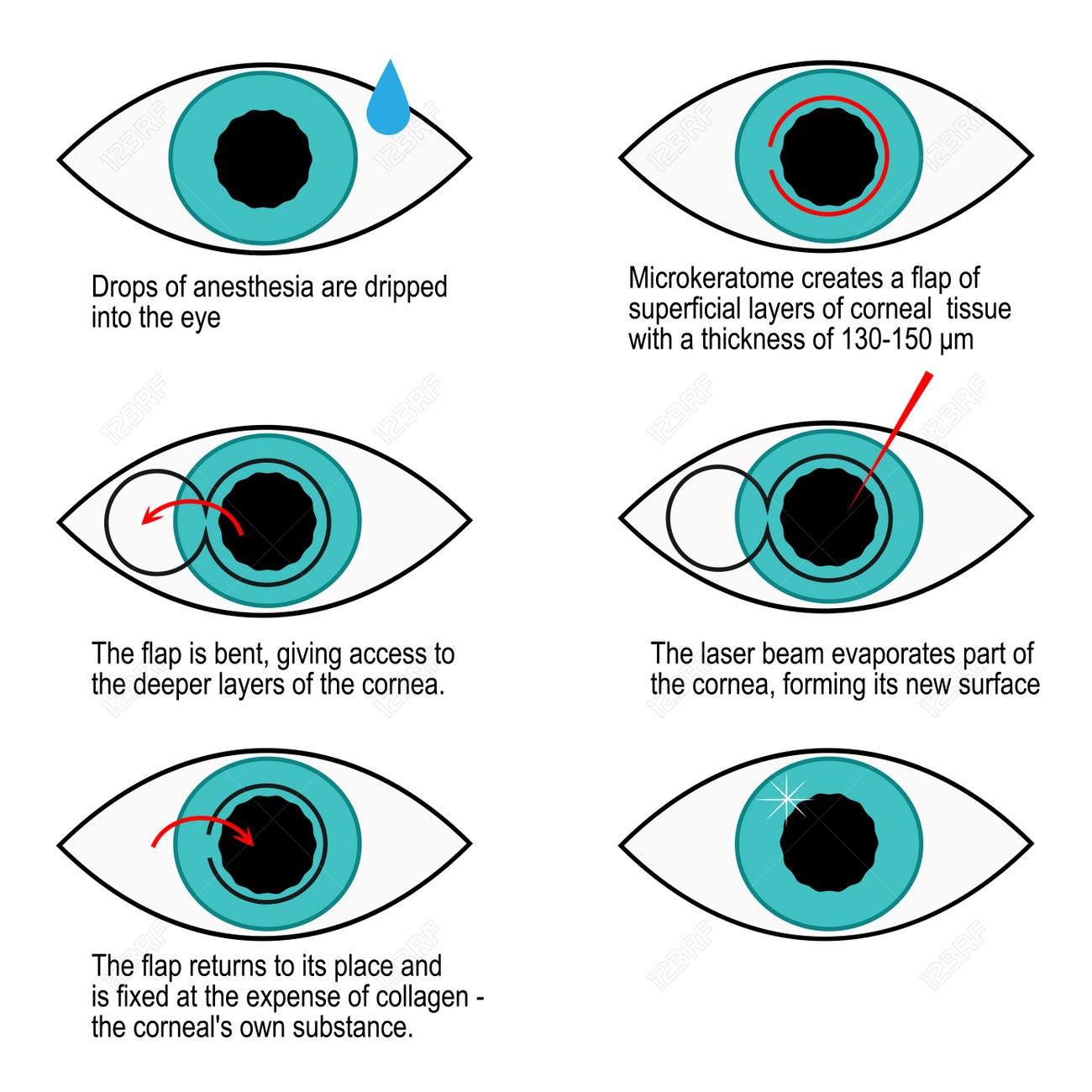Refractive Lens Exchange: A Thorough Guide To Achieving Better Vision
Refractive Lens Exchange: A Thorough Guide To Achieving Better Vision
Blog Article
Numbing Eye Drops -Edmondson Benjamin
If you more than 40 and having problem with vision problems like hyperopia or nearsightedness, Refractive Lens Exchange (RLE) might be worth thinking about. This procedure changes your all-natural lens with a synthetic one, possibly reducing your dependancy on glasses. While the benefits are appealing, it's crucial to understand the risks and qualification demands. What should you recognize before choosing that could change your vision permanently? Let's explore this topic further.
Understanding Refractive Lens Exchange
Recognizing Refractive Lens Exchange (RLE) can be essential for those thinking about vision improvement options.
RLE is a surgery that changes your eye's all-natural lens with a fabricated intraocular lens. It's mainly aimed at dealing with extreme refractive mistakes, such as hyperopia, myopia, or presbyopia.
Throughout the procedure, your cosmetic surgeon will remove your over cast or clear lens and replace it with a lens tailored to your vision requires. This option is commonly taken into consideration for individuals over 40 that might not appropriate candidates for LASIK.
By choosing cataract surgery how long is recovery , you're not just boosting your vision; you're also potentially decreasing your dependancy on glasses or contact lenses.
Comprehending how RLE works will encourage you to make educated choices about your vision health.
Perks and Risks of RLE
Selecting RLE not only provides an opportunity to boost your vision but also includes its own set of advantages and threats.
One significant benefit is the potential for more clear vision, reducing or removing your reliance on glasses or call lenses. You might also experience a wider range of vision, particularly if you select multifocal lenses.
Nonetheless, there are dangers entailed, such as infection, complications throughout surgery, or frustration with the results. Some individuals experience aesthetic disturbances like halos or glow.
It's important to weigh these benefits and risks thoroughly. Consulting with your eye care professional can help you make an informed choice that aligns with your vision objectives and way of living.
Qualification Standard for Refractive Lens Exchange
Before considering Refractive Lens Exchange (RLE), it's essential to establish if you meet the eligibility criteria. Generally, you're a great prospect if you more than 40 years of ages and have a steady prescription.
You need to also be experiencing refractive errors like myopia, hyperopia, or presbyopia. It's important to have healthy eyes without any considerable illness, such as cataracts or glaucoma.
Furthermore, https://lasik-price-range17395.worldblogged.com/41673364/guidance-for-choosing-the-ideal-ophthalmologist-for-your-refractive-procedure must be in excellent total health and not have any type of problems that might impact healing, like unchecked diabetes. If https://www.forbes.com/health/healthy-aging/best-stair-lifts/ use contact lenses, you might require to quit wearing them for some time before your analysis.
Consulting with an eye treatment professional will help you recognize your particular circumstance and whether RLE is right for you.
Conclusion
Finally, refractive lens exchange can change your vision and minimize your dependancy on glasses or calls. While it offers various advantages, it's critical to understand the risks and ensure you fulfill the eligibility criteria. Consulting with an eye care professional will help you make an educated decision tailored to your needs. If you're considering RLE, put in the time to explore your options and review any concerns, paving the way for more clear, extra vivid sight.
